Media Consolidation and Ownership: The Illusion of Choice
How 7 mega-corporations control 90% of American media
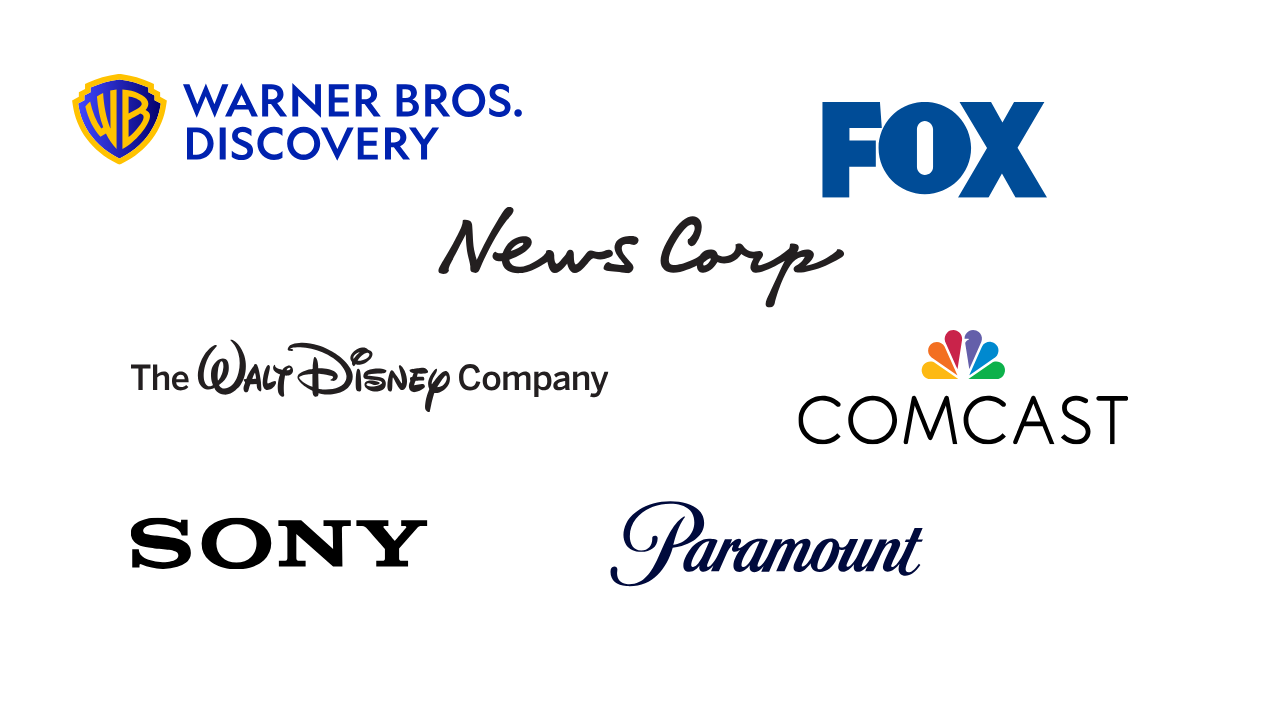
Media consolidation and ownership in America have created the illusion of choice. Just 7 corporations control 90% of the content we see, read, and hear.
I didn’t always realize this. I used to think the U.S. media reflected a diverse range of opinions and ideologies. After all, there are so many newspapers, news channels, movie studios, TV networks, and magazines to choose from.
But after doing some research, I realized that I was wrong. Most of the movies, shows, and news that we consume are owned by seven powerful corporations.
In reality, a small number of companies own most of the media and entertainment organizations in the US. The media only gives us the illusion of choice.
Why Mass Media Ownership Matters?
Instead of hearing a variety of opinions, we are getting the opinions of a small group of powerful people. These corporations shape how we see the world—influencing political beliefs, cultural norms, and public opinion. They create the echo chamber that many Americans live in, which divides and distracts us from the roots of our problems.
Let’s see who really owns the media we consume every day.
Warner Bros. Discovery
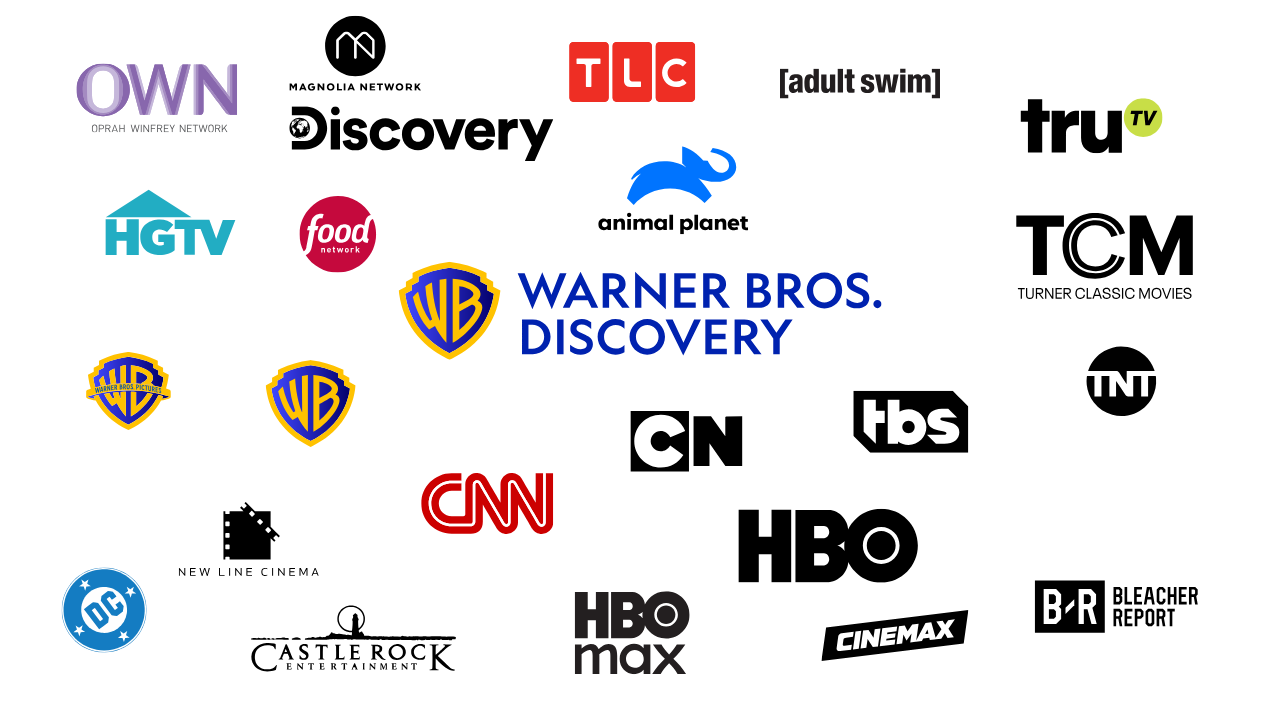
Warner Bros. Entertainment
Warner Bros. Pictures
DC Studios
New Line Cinema
Castle Rock Entertainment
Warner Bros. Discovery U.S. Networks
TVS
TNT
TruTV
Turner Classic Movies
Adult Swim
CNN
Discovery Channel
TLC
Animal Planet
OWN (Oprah Winfrey Network)
Food Network
HGTV
Magnolia Network
HBO
HBO Max
Cinemax
Bleacher Report
The Walt Disney Company
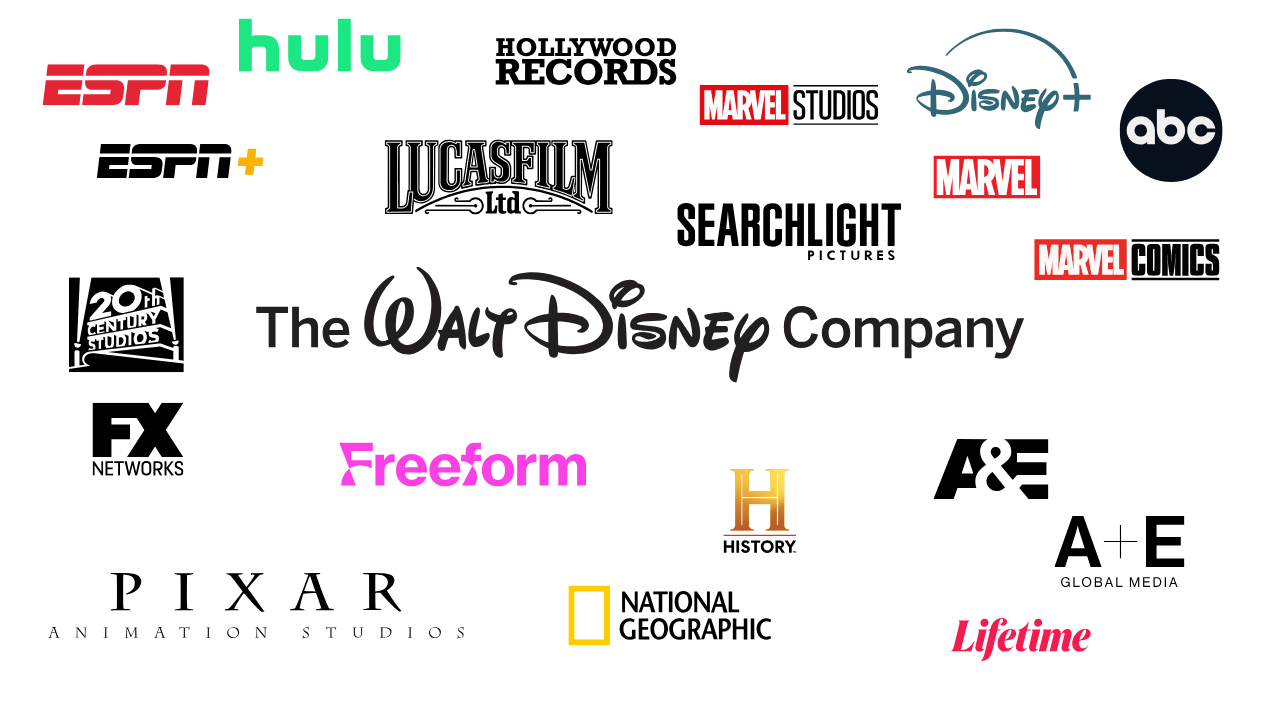
ABC
ESPN
ESPN+
FX Networks
Freeform
National Geographic
Marvel Entertainment
Marvel Comics
Marvel Studios
A&E Global Media
A&E
History Channel
Lifetime
Lucasfilm
Pixar
20th Century Studios
Searchlight Pictures
Hulu
Disney+
Hollywood Records
Comcast
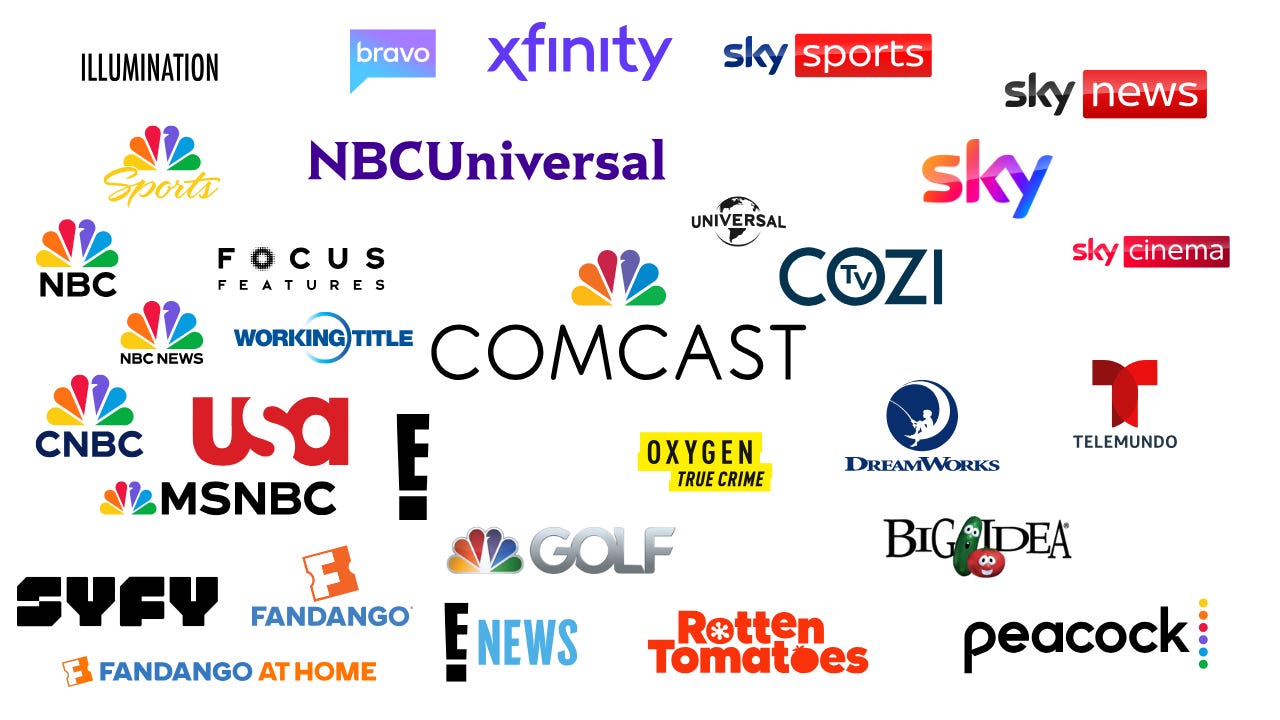
Xfinity
NBCUniversal
Universal Pictures
Focus Features
DreamWorks Animation
Big Idea Entertainment
Illumination
Working Title Films
NBC
NBC News
NBC Sports
Cozi TV
Telemundo
Bravo
Peacock
These properties are scheduled to spin off into a new company called *Versant* (late 2025):
MSNBC
CMBC
E!
E! News
Fandango Media
Fandango At Home
Rotten Tomatoes
Oxygen True Crime
Golf Channel
USA Network
Syfy
Sky Group Limited
Sky News
Sky Sports
Sky Cinema
Paramount Global
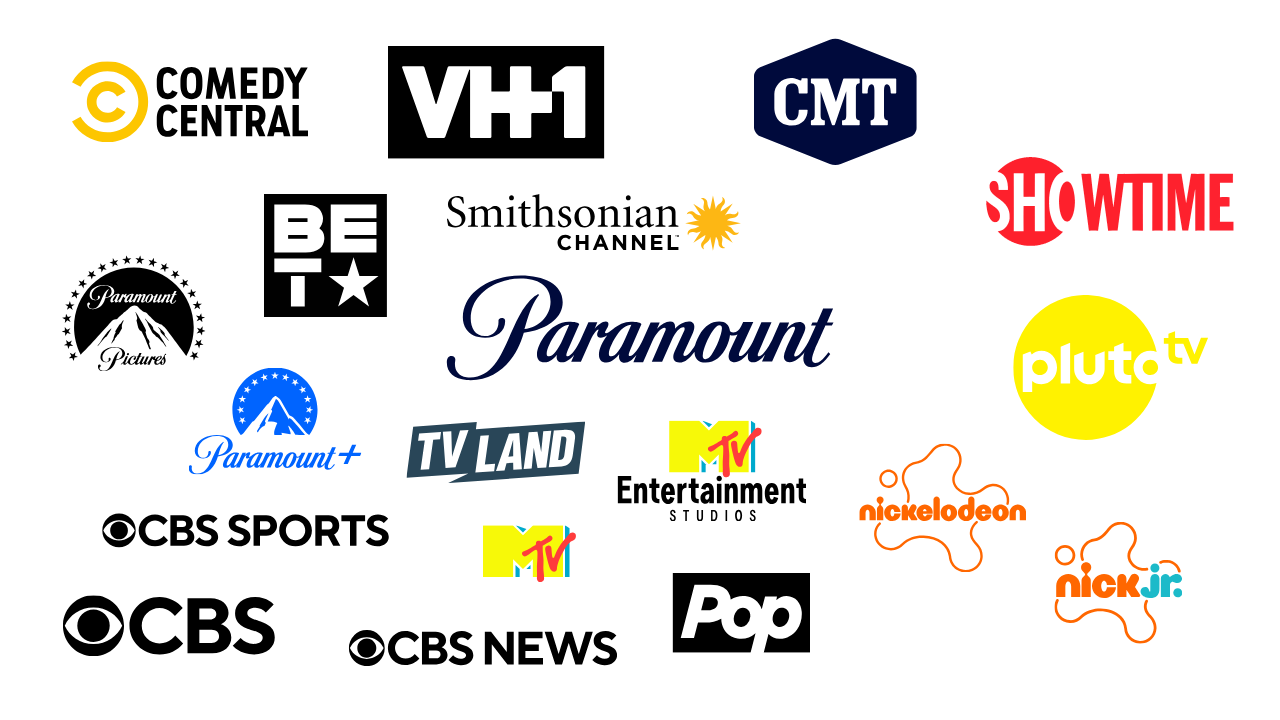
Paramount Pictures
CBS
CBS Sports
CBS News
Pop TV
Pluto TV
Showtime
BET
Comedy Central
CMT
MTV Entertainment Studios
MTV
TV Land
Nickelodeon
Nick Jr.
VH1
Paramount+
Sony
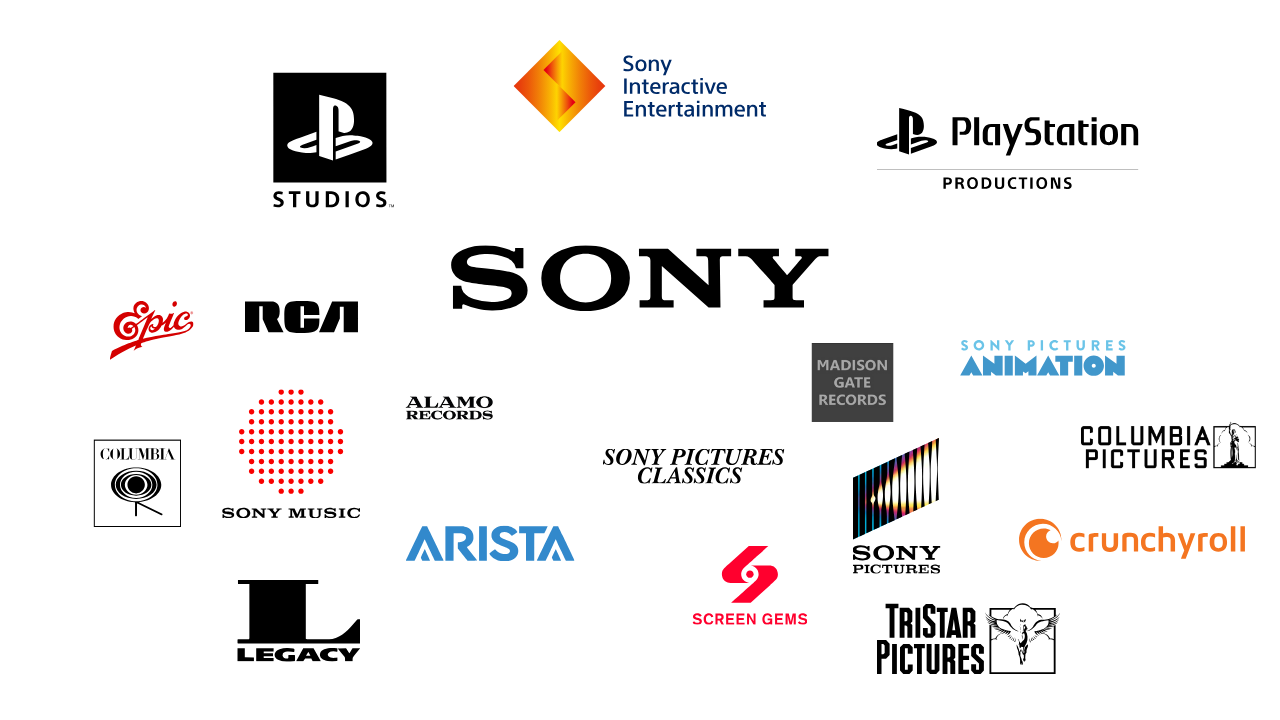
Sony Pictures Entertainment
Columbia Pictures
TriStar Pictures
Sony Pictures Classics
Sony Pictures Animation
Screen Gems
Crunchyroll
Madison Gate Records
Sony Music Entertainment
Columbia Records
Epic Records
RCA Records
Alamo Records
Legacy Recordings
Arista Records
Sony Interactive Entertainment
PlayStation Studios
PlayStation Productions
Fox Corporation
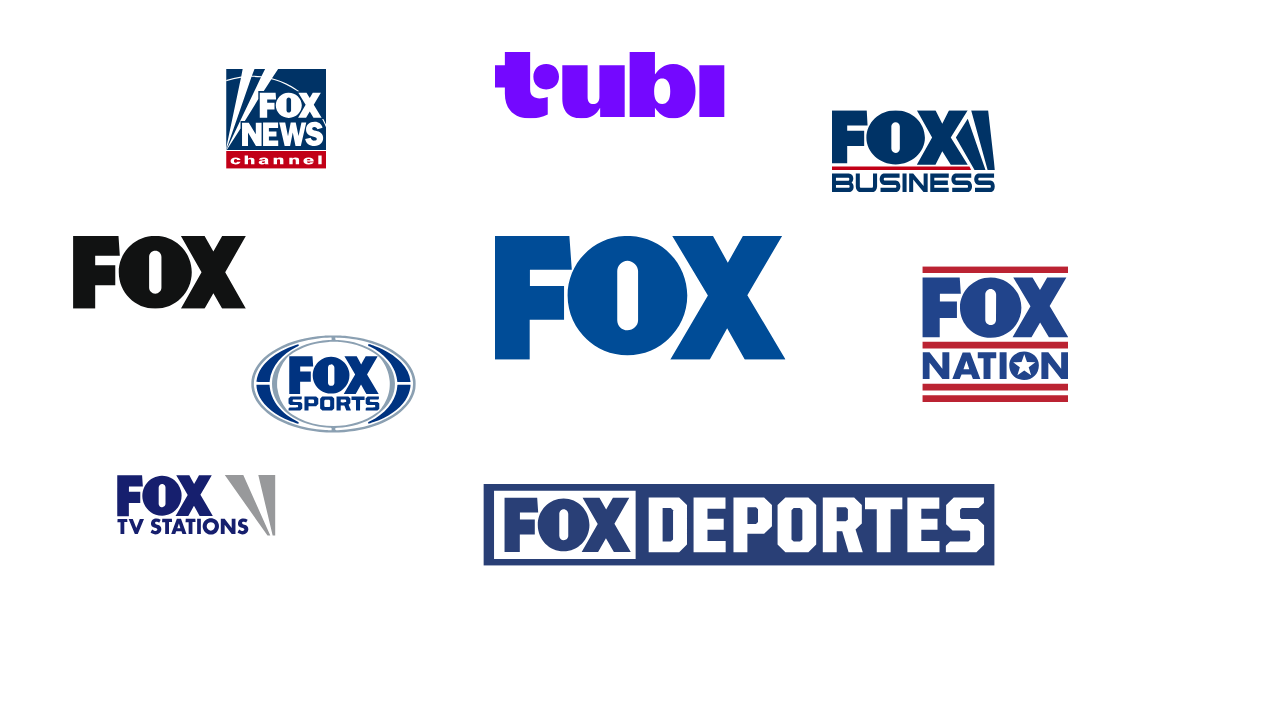
Fox Broadcasting Company
Fox News
Fox Sports
Fox Deportes
Fox Business Network
Fox Weather
Fox Nation
Fox TV Stations
Tubi
News Corp
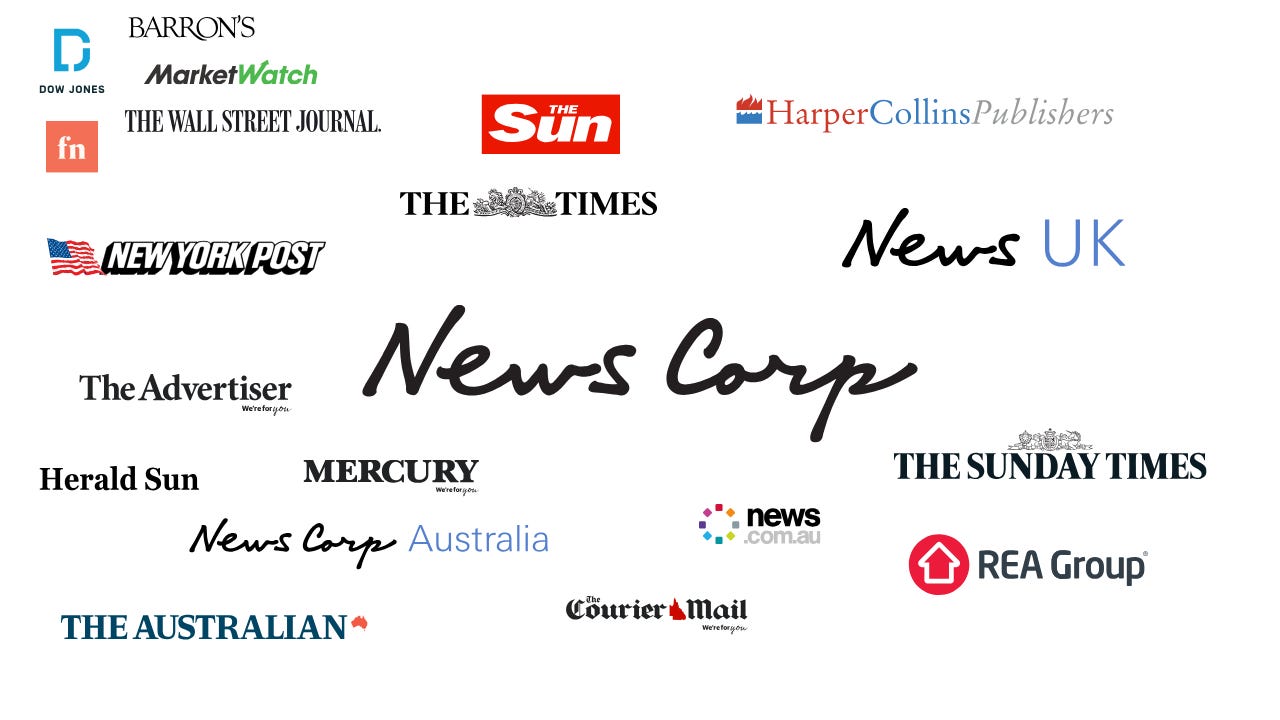
Dow Jones & Company
The Wall Street Journal
Barron’s
MarketWatch
New York Post
HarperCollins
Harper Collins Publishing
News UK
The Times
The Sunday Times
The Sun
News Corp Australia
Sky News Australia
news.com.au
The Australian
Herald Sun
The Daily Telegraph (Australia)
The Courier Mail
The Advertiser
The Mercury
NT News
REA Group
Corporate Consolidation in Every Industry
The media isn’t the only industry where power is concentrated. Corporate consolidation has reshaped nearly every major sector over the past few decades—often leading to higher prices, fewer choices, and lower quality for consumers. Here are just a few of the industries affected:
Telecommunications
Media & Entertainment
Shipping & Delivery
Airlines
Healthcare
Grocery Retail
Excessive corporate power in both the economy and politics is one of the core problems in our political system. I explore this further in an article on how crony capitalism forms one of the three pillars of corruption in American politics. You can read the full piece here:
The Three Pillars of Our Corrupt Political System
Spin-Offs and Divestitures Often Lead to Future Acquisitions
Several of the major media corporations have spun off parts of their business into separate companies. At first glance, these moves might seem like a step toward decentralization. But in most cases, these moves are made to placate regulators or cut operational costs—not to reduce corporate control.
Many of these spin-offs shut down divisions to cut costs, and then are acquired by large corporations in the same industry or by private equity firms, which already own large portions of the economy.
Even much of the remaining 10 percent of the media industry that appears independent is owned by smaller media groups or private equity firms. Truly independent media is increasingly rare.
How You Can Fight Back
Just like everything I write about, my purpose is not only to inform, but also to empower people to take action
Here’s how you can fight back against excessive corporate influence in the economy:
Support antitrust reform – Vote for politicians who advocate for stronger antitrust laws and enforcement.
Watch for mergers – Stay informed about upcoming mergers and acquisitions.
Write to lawmakers – Let them know you support media diversity and market competition.
Report Concerns to Regulatory Agencies:
Contact the FTC (Federal Trade Commission):
Call 1-877-FTC-HELP
Submit public comments or complaints at: https://reportfraud.ftc.gov
Contact the DOJ’s Antitrust Division
antitrust.complaints@usdoj.gov
Spread awareness – Talk to others about how media consolidation impacts what we watch, read, and believe.


